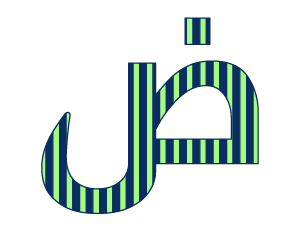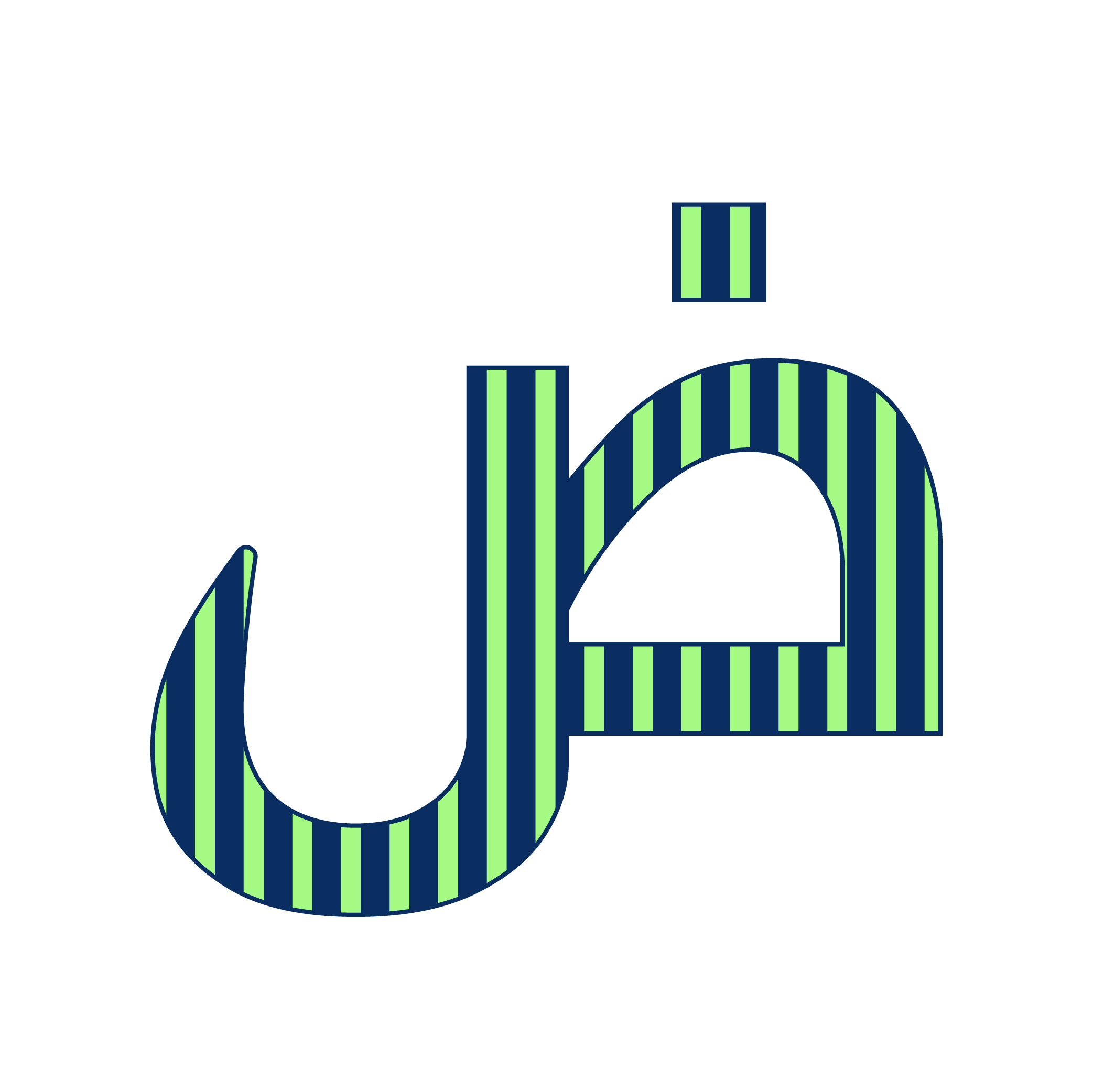The ‘Aghani’ contains over 10,000 pages divided over 20 volumes, which talks about the life and poetry of numerous brilliant poets. It was composed in the 10th century by Imam Abu al-Faraj al-Asfahani who claims to have taken more than 50 years in achieving the task.
In this brief article I am putting forth a few interesting stories around the life of Imru al Qais and some of his poetry, all recorded in the ‘Aghani’.
The Life and Times of Imru al Qais
According to Al-Asma’ee, he is Imru al Qais ibn Hujr ibn Haris ibn ‘Amr ibn Hujr ibn Mu’awiyah ibn Thawr. His mother was Fatima binth Rabee’ah bint Harith ibn Zuhair, the sister of Kulaib and Muhalhil ibn Rabee’a the Ta’labi’een. It is also claimed that his mother was Tamlik binth Amr.
He was known as ‘Malik ad-Dilleel’ the lost king, as he could never regain the lost kingdom of his father, who was one of the kings of Kindah.
The Death of his Father and the Oath of Imru Al Qais
Imr Al Qais had left his father as his father did not approve of his lifestyle and his poetry and felt that it was not apt for a prince.
According to ibn Sukaith, when his father was stabbed by one of people of Banu Asad, he did not die immediately. He sent a messenger to his sons and instructed him to go to them one by one and inform them of his death, and whoever does not breakdown and act inspite of himself, then give him my weapons, horse, commands and will. So the messenger first came to his son Nafi’ and when he heard he took some sand and put it on his head. He then went on to see all of his sons one by one and all of them did similar to what Nafi’ had done, until he reached Imru al Qais.
He found Imru Al Qais drinking alcohol with his friend and playing a game of dice. When he told him that Hujr is killed, Imru al Qais did not turn towards him, but he asked his friend to continue and throw the dice. When he did he said to him ‘I did not want to spoil your game for you’. He then turned to the messenger and asked him for all the details.
He then said,
الخَمر علي حرام والنساء حتى أقتلَ من بني أسدٍ مائة وأَجُزَّ نواصيَ مائة
Alcohol is forbidden for me, and so is women until I kill from Bani Asad a hundred and I cut of the foreheads of a hundred.
He is also reported to have said,
ضَيَّعني صغيرا وحمّلني دمه كبيرا. لا صحوَ اليومَ ولا سُكْرَ غدًا. اليومَ خمرٌ وغدًا أمرٌ.
He (my father) let me get away when I was young and made me carry the burden of revenge for his blood when I was older. No sobriety today and no intoxication tomorrow. Today shall be drink and tomorrow shall be a great matter!
And then he got drunk. When he was awake and sober again, he swore not eat meat, or to drink alcohol or use oil on his body, or have sexual relations with a woman or wash his head from Janaba (impurity until he gets revenge for his father.
Later, he successfully enlist the help of the tribes of Bakr and Thaghlib and kills many from Banu Asad. And the people of Bakr and Thaghlib told him that he has gotten his revenge and the fighting should stop. Imru al Qais refused. He then wanders across the Arabian peninsula looking for the help of various tribes to help him wage his war and regain his lost kingdom.
Going to Kaiser for Help
Finally he makes his way to ‘Kaysar’ the roman emperor to ask for an army to get back the lost kingdom. And Kaysar, receives him well in his court and gives him all his wishes. He sends a great army which many prices along with him. But there was a man present, named ‘Tammah’ from Banu Asad whose brother Imru al Qais had killed. He told Kaiser that Imru al Qais was having relations with your daughter when he was here, and now he is going compose poetry about her and what he did, and disgrace among the Arabs.
So Kaiser sent a coat embroidered with gold, but it was poisoned. And he sent word that I have sent you one of my coats that I used to wear so that I may honour you. So wear it when you receive it and let me know of your news from every place you reach. Imru al Qais was exceedingly happy to receive it and wore it on a hot day. And the poison entered his body very quickly and his skin started falling off. This is where he gets his name Dhul Quruh (The wounded one).
He mentions this in his poetry,
| ليُلْبِسَني ممّا يلبِّس أبؤسا | لقد طمَح الطمَّاح من بُعد أرضه |
| وَلَكِنَّهَا نَفْسٌ تَسَاقَطُ أنْفُسَا | فَلَوْ أَنَّهَا نَفْسٌ تَمُوتُ سويةً |
| To make me wear miseries with his schemes | Verily Tammah has endeavoured from his distant land |
| But it is a soul falling apart as many | Had it only been a soul dying once |
He then reached Ankara (modern day Turkey) where he came by a grave of one of the princesses of Rome and he sung,
| وإنِّي مقيمٌ ما أقام عسيبُ | ُأجارتَنا إن المزارَ قريب |
| وكلُّ غَريبٍ للغَريبِ نَسيبُ | أجارتَنا إنا غريبانِ هاهنا |
| And I shall stay as long as does Aseeb (the name of the mount) | O’ my neighbour, verily the place of visit is near |
| And every stranger is close to the other stranger | O’ my neighbour we are two strangers here |
And that is where he died and was buried, next to the grave of the princess.
The Marriage of Imru al Qais
It is said that Imru Al Qais was engaged to an exceptionally intelligent woman. And he set out towards her with a hundred camels that she had demanded as her dower. He also took a slave with him for help.
When they reached a place, and started fetching water for the camels, Imru al Qais noticed that the slave was not able to perform the task properly. So he helped him. The slave took the opportunity and pushed Imru al Qais into the well. He then took the camels and set out towards the woman. He told the people that he was the man he she her father married her to.
قالت: والله ما أدرى أزوجي هو أم لا! ولكن انحروا له جزورا وأطعموه من كرشها وذنبها، ففعلوا، فأكل ما أطعموه، فقالت: اسقوه لبنا حازرا وهو الحامض – فسقوه فشرب، فقالت افرشوا له عند الفرث والدم، ففرشوا له، فنام فلما أصبحت أرسلت إليه: إني أريد أن أسألك، فقال لها: سلي عما بدا لك، فقالت: مم تختلج شفتاك؟ قال: من تقبيلي إياك، فقالت: مم يختلج كشحاك، قال: لالتزامي إياك، قالت: فمم يختلج فخذاك؟ قال: لتوركي إياك، فقالت عليكم العبد فشدوا أيديكم به، ففعلوا.
When the men told her that her husband had come, she said, ‘By
In the morning, she sent him a few questions. She asked, ‘What makes your lips move?’ He replied, ‘My wish to kiss you’. She asked, ‘What moves your abdomens move?’ He replied, ‘To be with you’. She asked, ‘What makes your thighs shake? He said, ‘To be in your company’. She told the men, ‘He is the slave, tighten your hands around him (capture him!)’
ومر قوم فاستخرجوا أمرا القيس من البئر، فرجع إلى حيه وساق مائة من الإبل، وأقبل إلى امرأته فقيل لها، قد جاء زوجك، فقالت: والله ما أدرى أزوجي هو أم لا! ولكن انحروا له جزورا، وأطعموه من كرشها وذنبها، ففعلوا، فلما أتوه بذلك قال: وأين الكبد والسنام والملحاء، وأبى أن يأكل، فقالت: اسقوه لبنا حازرا، فأتى به، فأبى إن يشربه، وقال: فأين الصريب والرثيئة؟ فقالت: افرشوا له عند الفرث والدم، ففرشوا له فأبى أن ينام، وقال: افرشوا لي عند التلعة الحمراء، واضربوا لي عليها خباء، ثم أرسلت إليه: هلم شريطتي عليك في المسائل الثلاث، فأرسل إليها أن سلي عما شئت، فقالت: مم تختلج شفتاك؟ فقال: لشربي المشعشعات، قالت: فمم يختلج كشحاك؟ قال: للبسي الحبرات. قالت: فمم يختلج فخذاك؟ قال: لركضي المطهمات، فقالت: هذا زوجي لعمري، فعليكم به.
They then found Imru al Qais, and brought him to her. And she said the same, ‘I dont know if he is my husband or not! But slaughter the camel for him and feed him from its stomach and tail. So they did, and Imru’ al Qais asked where is the liver, and the hump and the part beneath it? He thus refused to eat. She said, ‘Feed him sour milk’. Imru al Qais said, ‘Where is the fresh milk and curd, and refused to drink. She said, ‘Spread his bed near the remains and the blood’. So he refused to sleep and asked them to spread it over the read hilltop. So they made a tent for him there. She then sent word wanting to ask the three questions she had demanded she ask when their marriage was fixed.
She asked, ‘What makes your lips move?’ He replied, ‘Drinking the alcohol mixed with water’. She asked, ‘What moves your abdomens move?’ He replied, ‘Wearing the yemeni cotton robes’. She asked, ‘What makes your thighs shake? He said, ‘Riding the fine horses’. She told the men, ‘He is my husband by my life!
And thus he entered upon her.
The Poetry of Imru Al Qais
What is so incredible about the poetry of Imru al Qais is the stunning imagery with which he expresses his feelings. The poetic devices and styles used by Imru al Qais were not unique to him, but he is often referred to as the father of Arabic poetry as he is said to have invented many of these styles which others imitated after him.
To get a taste of his poetry let us look at how Imru al Qais describes a lonely and sad night in his Mu’allaqa,
| عليَّ بأنواع الهموم ليبتلي | وليل كموج البحر أرخى سدولهُ |
| to make trial of my fortitude in a variety of cares; | Often has the night drawn her skirts around me, like the billows of the ocean, |
| وَأَردَفَ أَعْجَازاً وناءَ بِكَلْكَلِ | ِفَقُلْتُ لَهُ لما تَمَطّى بِصُلبِه |
| to drag on her unwieldy length, and to advance slowly with her breast: | And I said to |
| بِصُبْحٍ وما الإصْباحَ مِنكِ بأمثَلِ | أَلَا أيّها اللّيلُ الطّويلُ أَلَا انْجَلي |
| that the morn may rise; although my sorrows are such, that the morning-light will not give more comfort than thy shades. | “Dispel thy gloom, O tedious night! |
| بِكُلِّ مُغَارِ الفَتلِ شُدَّتْ بِيَذْبُلِ | فَيَا لَكَ مِن لَيْلٍ كَأَنَّ نُجُومَهُ |
| from rising, as if they were bound to a solid cliff with strong cables!” | “O hideous night!—a night in which the stars are prevented |
On another occasion he describes a mountain:
| كَبيرُ أُناسٍ في بِجادٍ مُزَمَّلِ | كأنَّ أباناً في أفانينِ ودْقِهِ |
| looks like a venerable chief wrapped in a striped mantle | The mount Aban, covered with the rubbish which the torrent has rolled down, |
And the rain:
| ِنزولَ اليَمَانِي ذِي العِيَابِ المُخَوَّل | وَألْقى بصَحْراءِ الغَبيطِ بَعاعَهُ |
| like a merchant of Yemen alighting with his bales of rich apparel. | The cloud unloads its freight on the desert of Ghabeit, |
Reference:
Abu al-Faraj al-Asfahani, Al-Aghani (Beirut – Dar Sadir, 2008) Volume 9, Pages: 59-77.


